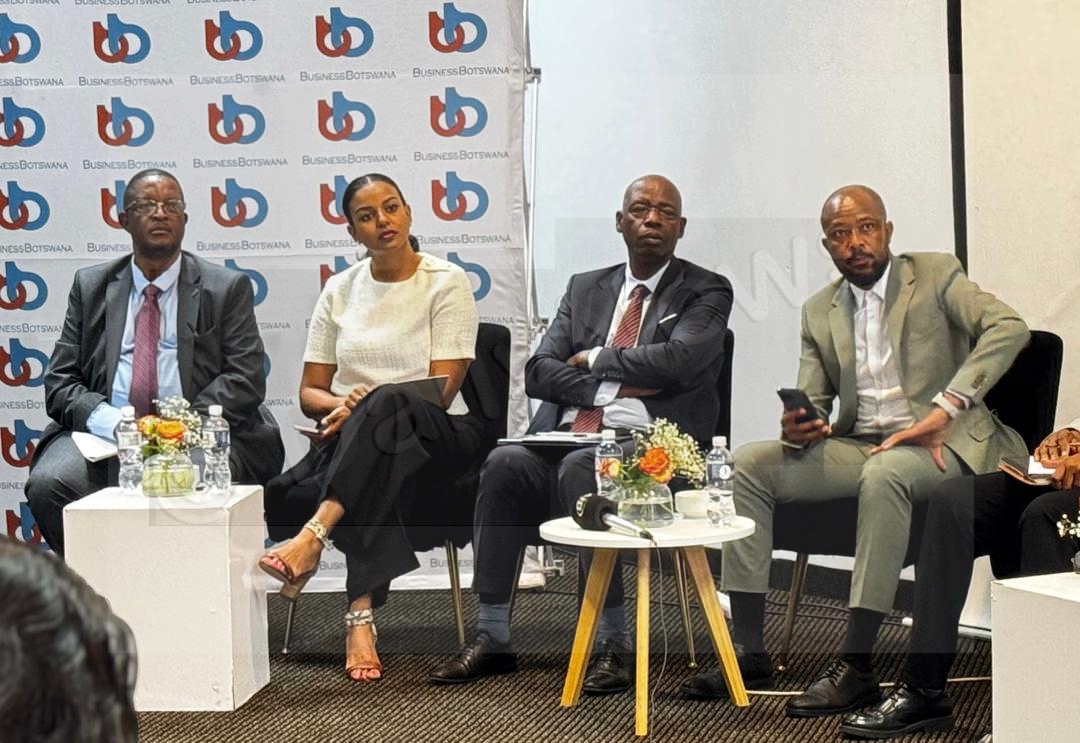Leteng ventures into acquaculture
09 Apr 2025
When Leteng Segaise, a young man from Letlhakane, paid his mother in Mmadinare a visit, little did he know it would be a step towards a fish farming venture.
Whilst in Mmadinare he heard about a hatchery and decided to visit the place, which turned out to be a day’s training on fishery.
To keep the fishery skills alive, Mr Segaise returned to Letlhakane, bringing with him 100 fingerlings he bought from Mmadinare Hatchery. He kept them in a 1000-litre water tank.
His interest in fish farming grew so much that he ended up enrolling for a week’s course at Botswana University of Agriculture and Natural Resources.
Courageous as he was, Segaise ventured into a fully-fledged fish farming business after conducting market research in Letlhakane and established that there was a hospitality business and restaurants that required one thousand fish every week, indicating that there was a lot of market for fish.
He constructed a breeding pond and started breeding the fingerlings. One fish he said could produce between 500 and 1500 fries.
Mr Segaise said he was compelled to build two more breeding ponds to offload as they continued producing more fries.
As the fish continued breeding and producing more fries he constructed a 10 by five metre pond.
Currently he has 3 000 market-ready fish in the pond. He noted that a fish becomes market ready after four to six months in the pond.
Starting a business from scratch he said was not easy, but said he was determined to make it work for the future of the fish industry in Botswana and for his family.
Mr Segaise has been appointed chairperson of Botswana Fish Farmers Association, which he said was a voice of fish farmers countrywide.
In Botswana fish farmers he said produced only 560 metric tonnes of fish, while the country needs 5 000 metric tonnes of fish per year, which leaves a deficit of 4.440 metric tonnes, a huge room in the market.
Segaise keeps Nile Tilapia breed, which is known for fast growing.
His dream is for his farm to expand and meet fish market demand, and also explore the fish products value chain. He indicated that fish had a lot of value chain. One can benefit from fish farming as a middle man or establish a wholesale for fish, become a fish feed supplier, venture into fish canning, making fish cakes or fish balls, the list is endless.
To venture into commercial fish farming, Mr Segaise has learnt that he needed three hectares of land.
He however decried shortage of fish feed, adding that only Tholo Holdings and Neil Feeds supplied feed.
Water from the fish pond, he said, was good for soil fertilisation, hence he watered his plants with water from the ponds. ENDS
Source : BOPA
Author : Thandy Tebogo
Location : Letlhakane
Event : Interview
Date : 09 Apr 2025






